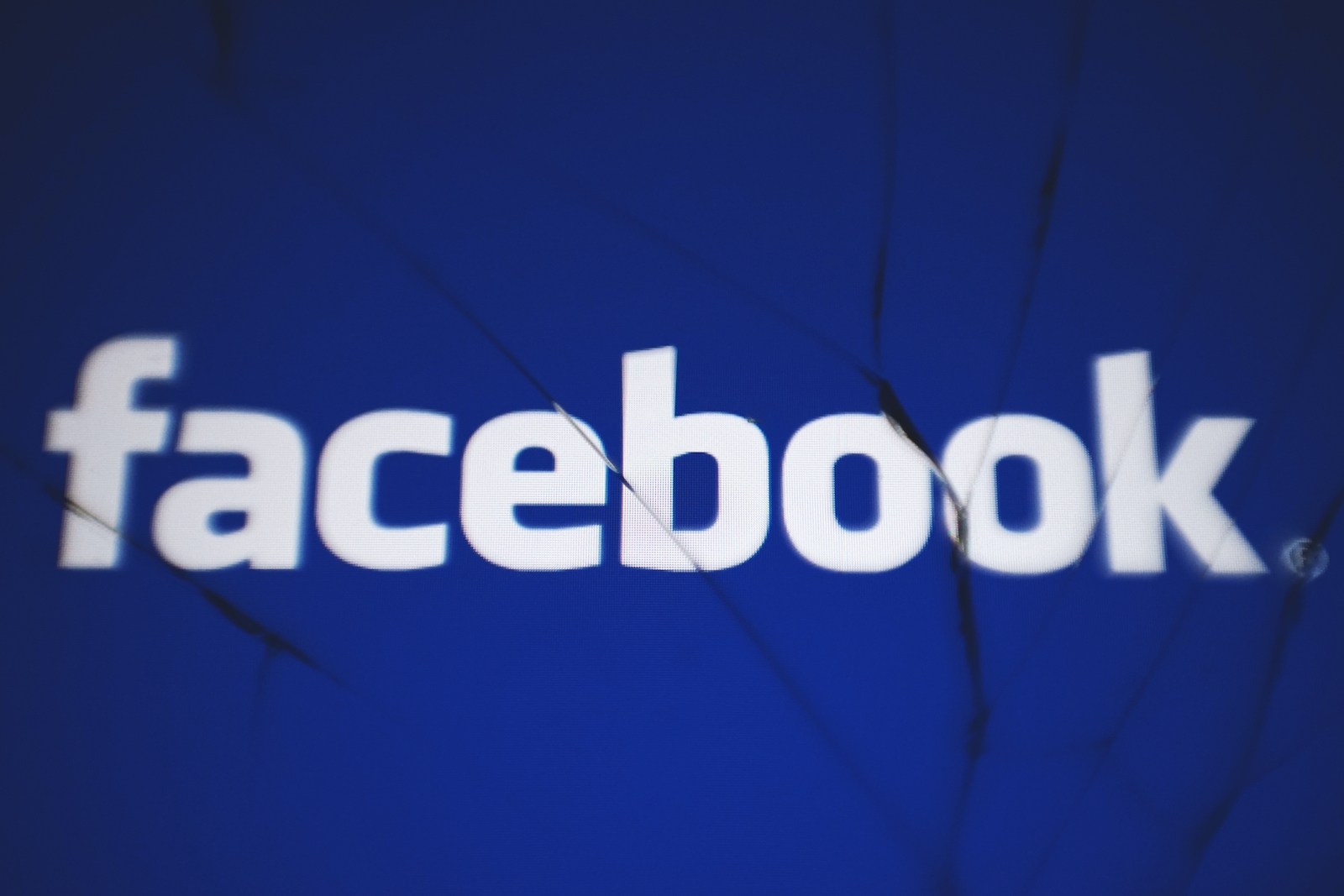
Tech
Facebook, WhatsApp and Instagram Go Down: What Happened?
Around midday on Monday of last week, millions of users started to discover they couldn’t access Facebook or its other apps. Facebook, WhatsApp, Instagram, and Oculus all went dark and remained inaccessible for almost six hours. While this Facebook outage isn’t the first of its kind, it’s perhaps the most disruptive yet.
Facebook is the most-used social media platform in the world, boasting 2.8 billion active users. WhatsApp and Instagram are close behind with 2 billion and 1.38 billion users, respectively. Many businesses also use these platforms to communicate with their customers, so when they can’t access Facebook, it can mean a financial hit.
Facebook and its family of apps are running again now, but the impact may leave a lasting mark on the company and its users.
What caused the outage?
When users started to notice that Facebook and Instagram wouldn’t load, rumors about why began to circulate. Some people suggested it resulted from a distributed denial-of-service attack, and others said it was a malicious insider. In a blog post, Facebook explained the incident as something far more mundane.
According to the blog post, configuration changes to Facebook’s backbone routers were to blame for the outage. These routers coordinate network traffic between the company’s data centers, so the faulty configuration caused a domino effect of disruption across Facebook’s communications. These disruptions went as far as affecting Facebook’s internal systems, making it harder for employees to analyze and solve the problem.
Facebook didn’t say what caused these configuration changes, but it could be something as simple as a faulty update. A server configuration change was also behind the 2019 Facebook outage, which was the company’s worst at the time.
While this most recent outage didn’t last as long, it was more disruptive. Downdetector, a service that tracks outages, said they detected 10.6 million reported issues, the most they’ve ever seen.
Is user data safe?
Given how many users are on these platforms, some may worry that the outage affected their personal data. In their official statement, Facebook claims they have no evidence that it compromised user data. The downtime made it so that Instagram wouldn’t load and users weren’t able to access Facebook, but it didn’t expose their information.
As more comes out about the outage, users will learn more about whether or not their data is safe. If it is just a misconfiguration issue caused by a faulty update, there’s no reason users should worry about their data.
Is this related to Facebook’s other recent issues?
This Facebook outage comes at an unfortunate time for the company. Just one day before, a former employee claimed the company tried to hide evidence that it knowingly let users spread misinformation and hate on its platform. The quick succession of these events may make it seem like the incidents are connected.
If the outage came as a direct result of hacktivists responding to this news, it could have dramatic consequences. While the False Claims Act includes an anti-retaliation provision to protect whistleblowers, spurring such a costly disruption could cause Facebook to take action. The scale of this incident is unprecedented, so any backlash and how it would play out in court is uncertain.
While the timing of the outage is suspicious, the events likely aren’t connected. From what Facebook said about its causes, it’s more likely to be an internal mistake than an act of hacktivism.
What can we learn from the outage?
This issue is far deeper than people not being able to access Facebook and WhatsApp. While it seems that user data is safe, the downtime revealed how destructive a Facebook outage could be. Since many other services rely on Facebook for things like user authentication, when they can’t access Facebook, they may lock users out of multiple accounts.
Some people use Facebook to log into smart home systems like smart TVs and smart thermostats. As a result, when the service went down, some people couldn’t control basic functions within their homes. If a simple glitch can potentially hinder millions of people’s ability to control things within their homes, a larger incident could be destructive.
This incident highlights how many devices and programs today rely on a single service. That gives cybercriminals an opportunity to cause widespread damage through a relatively small and focused attack. Today’s hyper-connectivity is convenient, but it also raises some troubling risks.
This issue wasn’t likely the result of cybercrime, but it emphasizes what cybercriminals could do. It serves as a reminder of how vulnerable many of the systems people rely on are.
Outages can affect anyone
Even a company as massive as Facebook can still fall victim to software outages and glitches. This wasn’t the first Facebook outage, and it may not be the last, but it may inspire the company and similar platforms to take action. After such a poignant reminder, online services may look to become more resilient in the future.

